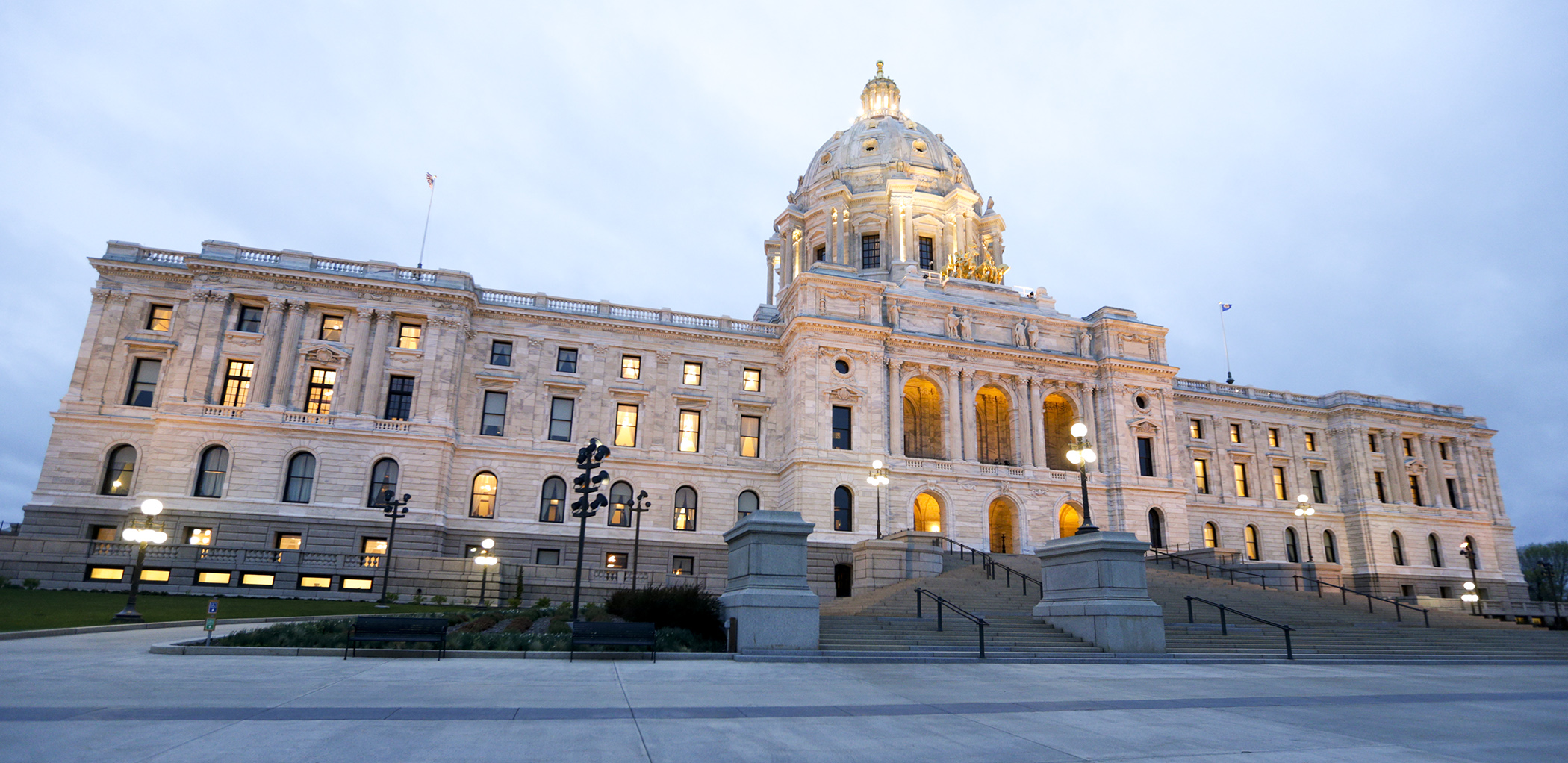House, Senate conferees OK $42 million human services supplemental budget bill

The human services finance conference committee would allocate $42.14 million in fiscal year 2025 and $14.9 million in the 2026-27 biennium for myriad programs and ongoing services related to disability services, aging services, substance use disorder services, health facility care and treatment for civilly committed individuals, and matters related to the new Direct Care and Treatment Agency.
Agreed to late Friday, the report on HF5280/SF5335* awaits Senate, then House, adoption if it is to go to the governor. Rep. Mohamud Noor (DFL-Mpls) and Sen. John Hoffman (DFL-Champlin) are the sponsors.
For critical access nursing facilities, the agreement would appropriate $576,000 in fiscal year 2025 and $1.33 million in the 2026-27 biennium. For cannabis education grants, it would appropriate nothing to local health departments, down from a proposed $7.3 million in the 2026-27 biennium.
Noor said $10 million was reappropriated from the Department of Employment and Economic Development to fund three food bank programs and the construction of the Cedar Riverside Recreation Center.
The bill would also appropriate money to, or allow policy changes for:
- modification of reimbursement rates for transitional supports under the home and community-based services waivers;
- a health awareness hub to address health care education and wellness needs of elderly individuals within the African immigrant community;
- support minority intensive support service providers in increasing the quality of their services and enabling them to serve clients with high behavioral needs;
- respite services for caregivers of patients with amyotrophic lateral sclerosis;
- capital improvements to expand services for adults with developmental disabilities;
- grants for support artists with disabilities;
- self-advocacy grants for people with intellectual and development disabilities; and
- establishment of a legislative task force on guardianship.
Sen. Jim Abeler (R-Anoka) unsuccessfully offered an amendment to reappropriate the bill’s $4 million human services response contingency account to bolster a one-time rate adjustment for critical access nursing facilities and to restore a previously proposed cannabis education grant for local health and tribal government health departments.
“I have talked to too many parents about how their young person has become psychotic and worse and committed suicide,” he said, before adding that “the critical access nursing homes are in a crisis.”
The governor proposed $10 million for the contingency fund. Conferees agreed to $4 million.
Related Articles
Search Session Daily
Advanced Search OptionsPriority Dailies
Speaker Emerita Melissa Hortman, husband killed in attack
By HPIS Staff House Speaker Emerita Melissa Hortman (DFL-Brooklyn Park) and her husband, Mark, were fatally shot in their home early Saturday morning.
Gov. Tim Walz announced the news dur...
House Speaker Emerita Melissa Hortman (DFL-Brooklyn Park) and her husband, Mark, were fatally shot in their home early Saturday morning.
Gov. Tim Walz announced the news dur...
Lawmakers deliver budget bills to governor's desk in one-day special session
By Mike Cook About that talk of needing all 21 hours left in a legislative day to complete a special session?
House members were more than up to the challenge Monday. Beginning at 10 a.m...
About that talk of needing all 21 hours left in a legislative day to complete a special session?
House members were more than up to the challenge Monday. Beginning at 10 a.m...